Why we will likely never know which rider Richard Freeman ordered doping products for
With no evidence and limited investigative powers, it seems unlikely any riders will ever be exposed
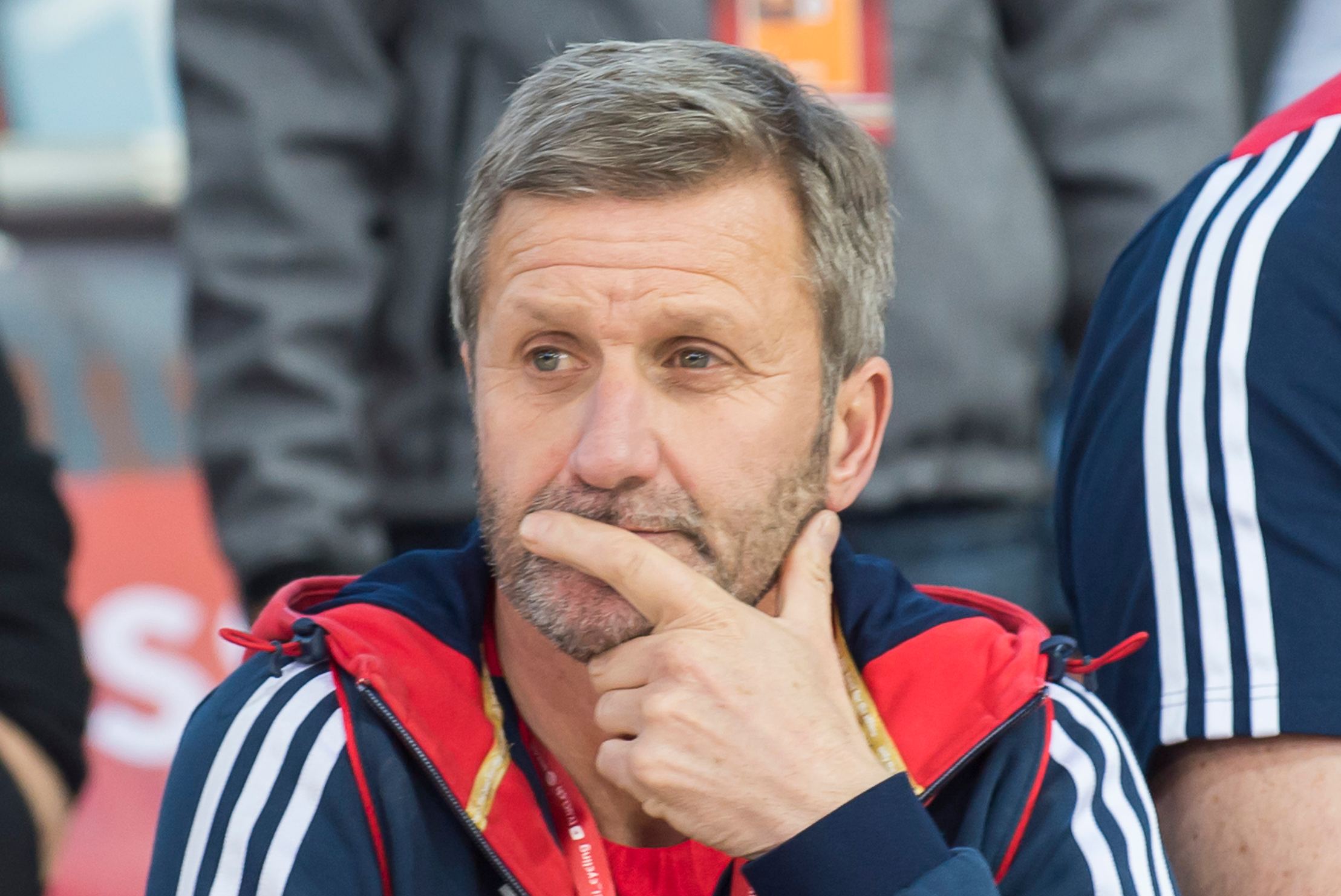
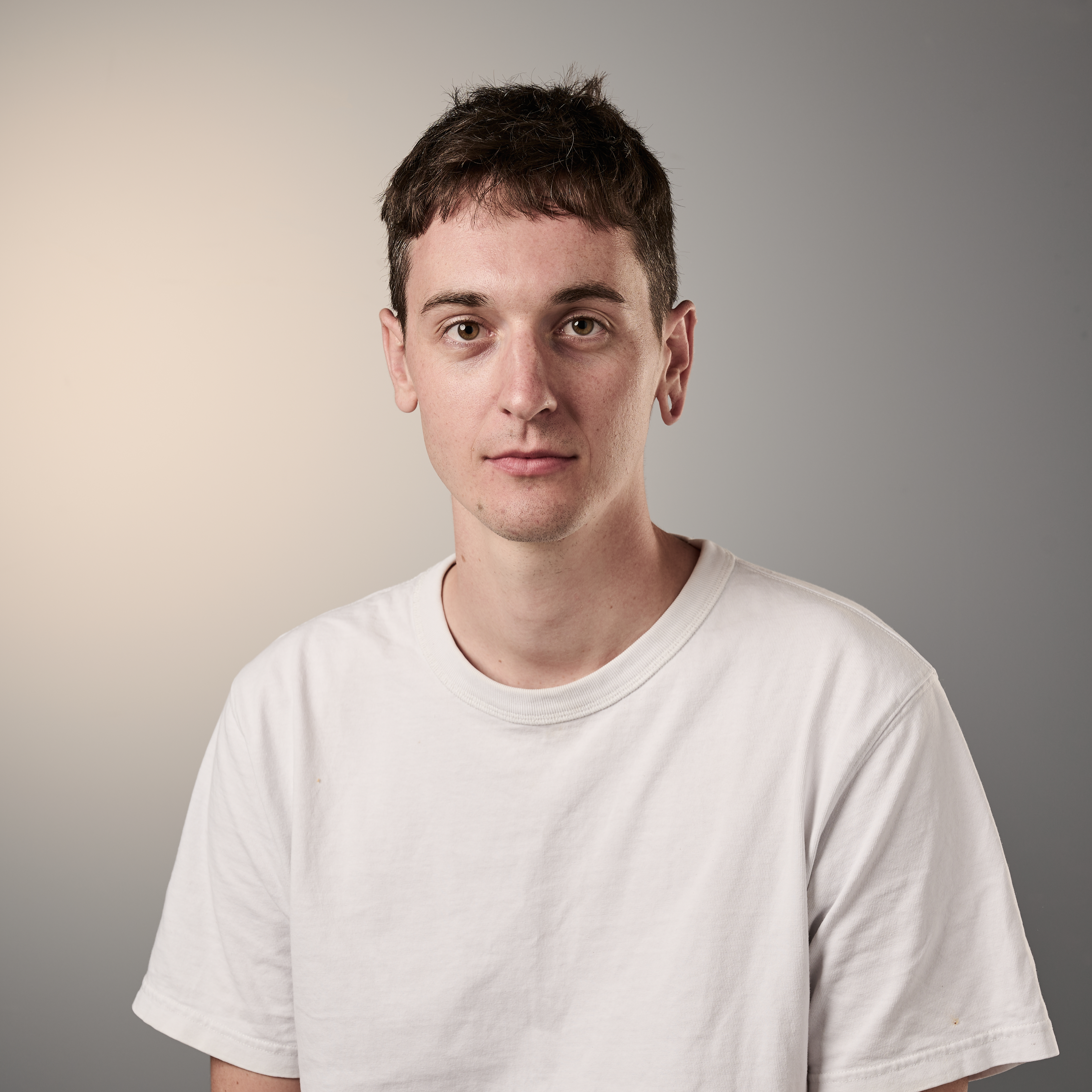
Last week's ruling on the Richard Freeman doping case ended a near seven-year wait for justice, but left many unfulfilled.
The doctor, formerly of British Cycling and Team Sky, was handed a four-year ban for his role in ordering a banned substance. The news should have brought a sense of closure, but instead left a lot of questions unanswered, the biggest of which being how could a doping violation have no dopees?
In 2011, Freeman ordered testosterone in the form of Testogel to British Cycling’s HQ at the Manchester Velodrome. He argued that it was for a 'non-rider’, namely coach Shane Sutton, who he claimed had erectile dysfunction. But in 2021, the Medical Practitioners Tribunal found Freeman guilty of ordering the banned substance “knowing or believing” it to be for a rider to improve their performance.
Throughout the investigation, the rider was treated as 'unnamed', meaning that it is unknown who it could be. There were no positive anti-doping tests, no admissions and crucially no proof of who, if anyone, used the Testogel. So what chance do we stand of ever finding out?
There are, perhaps, only a handful of people who know who the drug was truly intended for, and Freeman is likely the best placed to say. Still, he is under no obligation to reveal names.
This stems in part from the fact that doping in sport is not a criminal offence in the UK. Yes, it is banned by the relevant sports authorities - in this case UK Anti-Doping (UKAD) - but there is no specific legislation against doping.
This is not the case in other countries. In France and Italy, sports doping is criminalised, and punishable with fines and prison sentences. The US also introduced a law in 2020, the Rodchenkov Anti-Doping Act, which allowed criminal charges to be brought against those who violate anti-doping rules.
Get The Leadout Newsletter
The latest race content, interviews, features, reviews and expert buying guides, direct to your inbox!
In the UK, no such laws exist. The consequence of this is that the police, who are typically better resourced and have more powers than the anti-doping authorities, have no mandate to investigate.
In many of cycling’s previous high-profile doping cases, police involvement has been crucial. Take the Festina Affair, for example, which unraveled after a soigneur was stopped at the French border in possession of doping products. A sequence of arrests and police raids followed, leading to charges against ten people.
It was a similar story with Operación Puerto, in which Spanish police raided residences and found a damning list of athletes involved.
In 2017, the UK government carried out a review of the criminalisation of doping in sport, but concluded that criminalising would be “disproportionate in the battle to keep sport clean”. It noted that some forms of doping are captured by the Misuse of Drugs Act and the Medicines Act. However, these are not relevant to the Freeman case as testosterone use is legal in the UK.
The onus to investigate therefore falls to the national doping authority, UKAD. Until now, the organisation has relied principally on testing for its intelligence, and in the year up to 2023, it carried out over 9,000 tests, of which 408 were in the sport of cycling.
When it comes to investigations, however, UKAD lacks the same powers to pursue cases as the police. The organisation visited the Manchester Velodrome regarding the Freeman case in 2016, but did so with “full-cooperation” from British Cycling. This meant it was not so much a raid or “drug swoop”, as the Daily Mail wrote at the time, as it was an unannounced visit - like Dracula, it needed to be invited in.
Contacted by Cycling Weekly, UKAD refused to confirm or deny whether there are now investigations underway into riders who may have been doped by Freeman.
Cycling Weekly also approached Ineos Grenadiers, as Freeman's former Team Sky are now known, but was redirected to a press release from 2021 that said: “The team does not believe that any athlete used or sought to use Testogel or any other performance-enhancing substance.”
What this means is, unless a whistleblower appears, or greater investigative powers are granted, it is unlikely we will ever know for sure if a rider doped in the Freeman case. The doctor himself may be suspended, but the heart of the case looks set to remain a mystery.

Thank you for reading 20 articles this month* Join now for unlimited access
Enjoy your first month for just £1 / $1 / €1
*Read 5 free articles per month without a subscription

Join now for unlimited access
Try first month for just £1 / $1 / €1

Tom joined Cycling Weekly as a news and features writer in the summer of 2022, having previously contributed as a freelancer. He is fluent in French and Spanish, and holds a master's degree in International Journalism. Since 2020, he has been the host of The TT Podcast, offering race analysis and rider interviews.
An enthusiastic cyclist himself, Tom likes it most when the road goes uphill, and actively seeks out double-figure gradients on his rides. His best result is 28th in a hill-climb competition, albeit out of 40 entrants.
-
 'It took everything' - Puck Pieterse outclimbs Demi Vollering to win La Flèche Wallonne
'It took everything' - Puck Pieterse outclimbs Demi Vollering to win La Flèche WallonneDutch 22-year-old shows Classics pedigree with first one-day victory
By Tom Davidson
-
 Tadej Pogačar flies to dominant victory at La Flèche Wallonne
Tadej Pogačar flies to dominant victory at La Flèche WallonneSlovenian takes second win at Belgian classic ahead of Kévin Vauquelin and Tom Pidcock
By Tom Thewlis
-
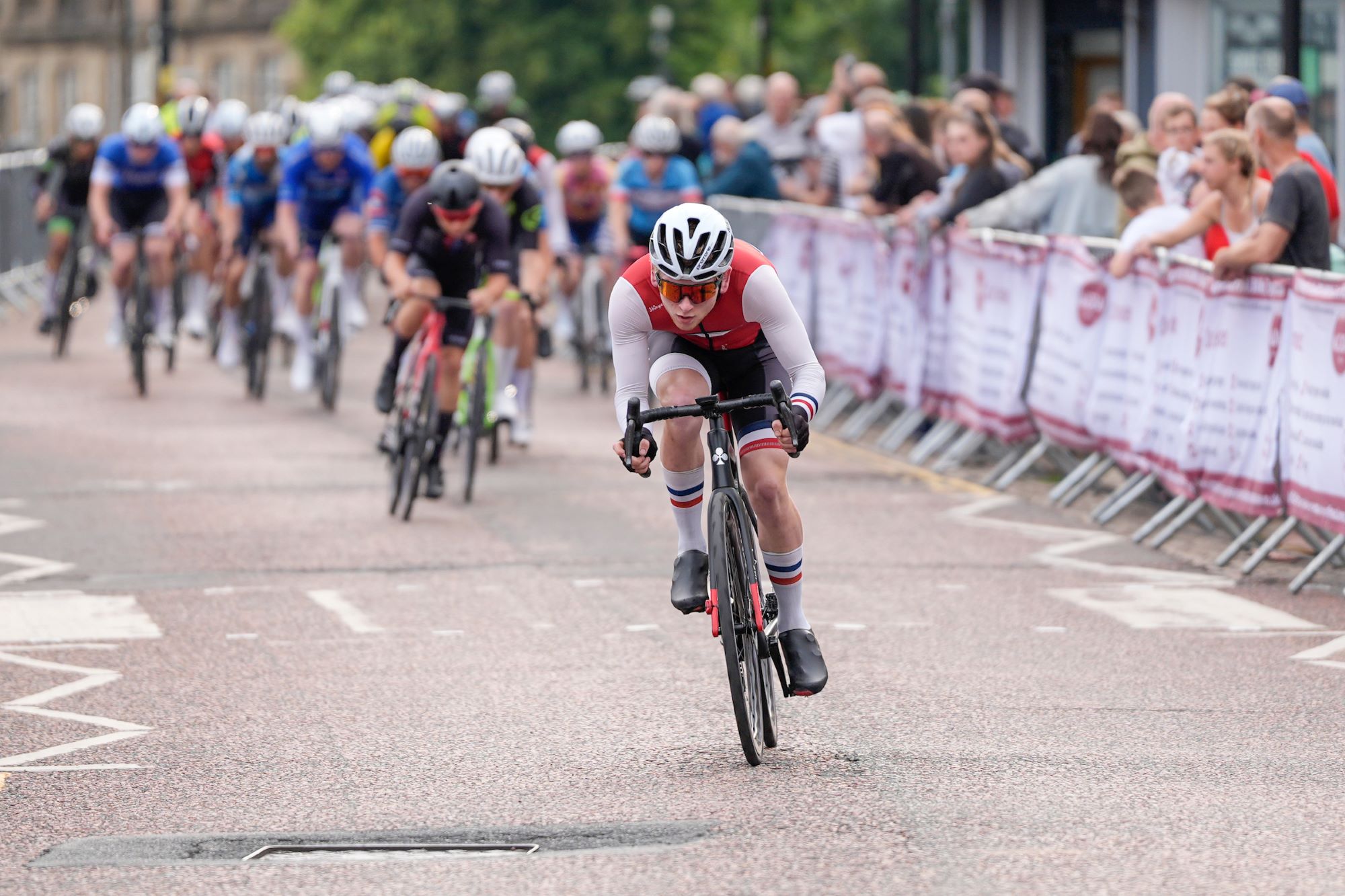 Teenage British time-trial champion dies after training ride collision with car driver
Teenage British time-trial champion dies after training ride collision with car driver360Cycling “absolutely heartbroken” after death of 18-year-old Aidan Worden in Darwen, Lancashire
By Tom Thewlis
-
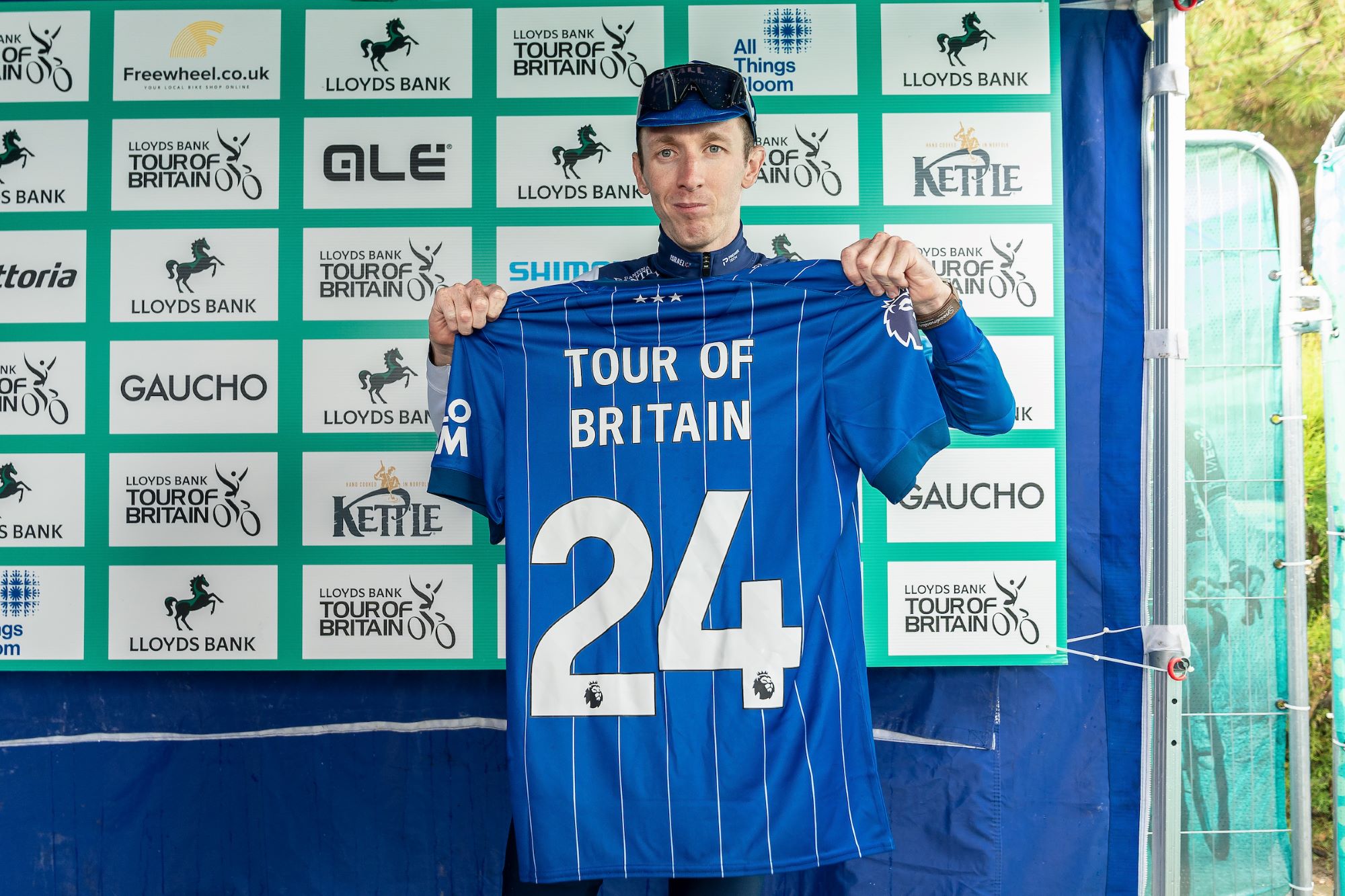 Tour of Britain races boosted local economies by £30 million
Tour of Britain races boosted local economies by £30 millionYouGov data shows significant impact both the men’s and women’s national tours had on host towns across the country
By Tom Thewlis
-
 No new investment for National Series in British Cycling task force update
No new investment for National Series in British Cycling task force updateRoad and circuit series funding to continue at around £180,000
By Tom Davidson
-
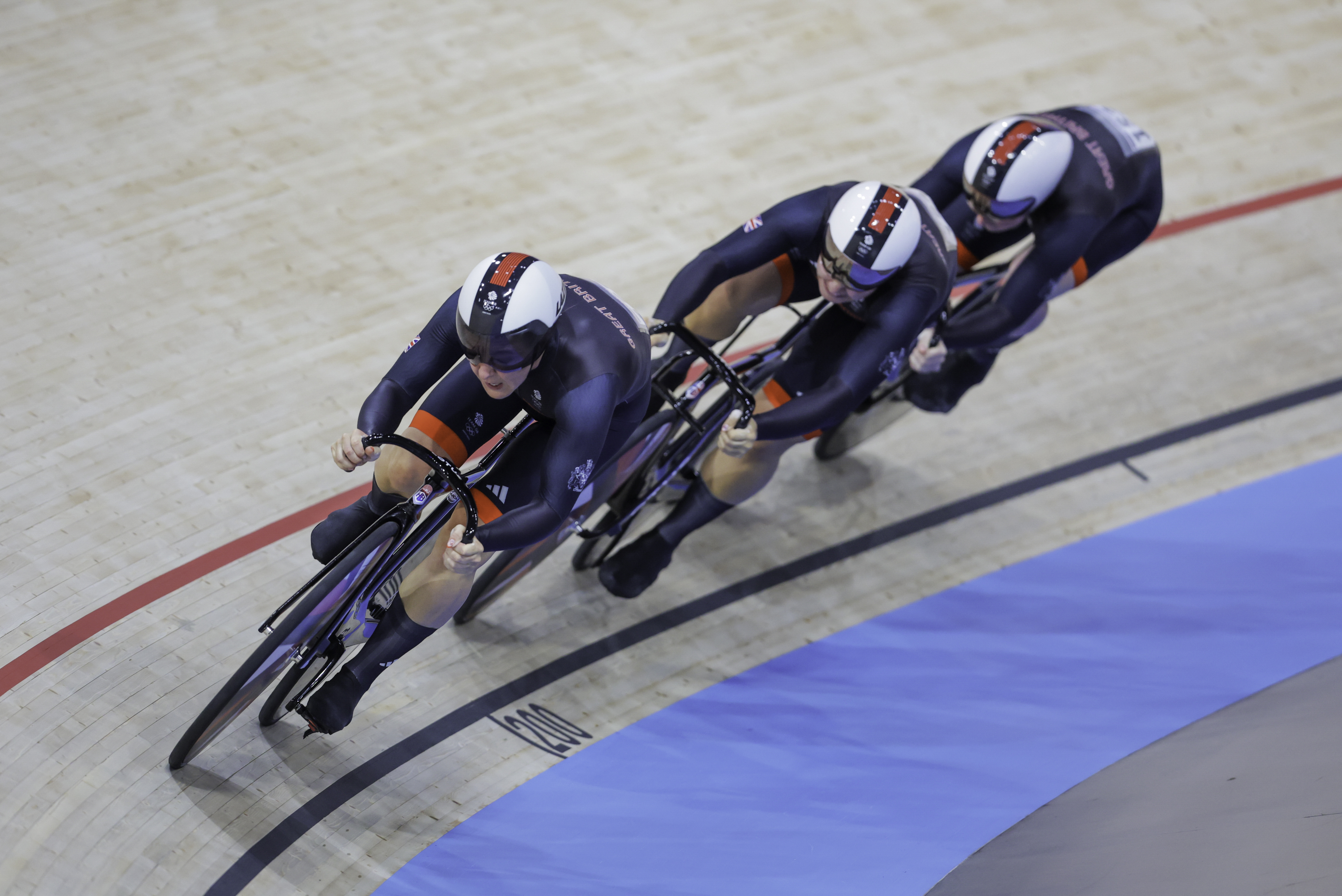 British Cycling receives record £39m funding for 2028 Olympics and Paralympics
British Cycling receives record £39m funding for 2028 Olympics and ParalympicsGB performance director 'incredibly pleased' with allocation for Los Angeles Games
By Tom Davidson
-
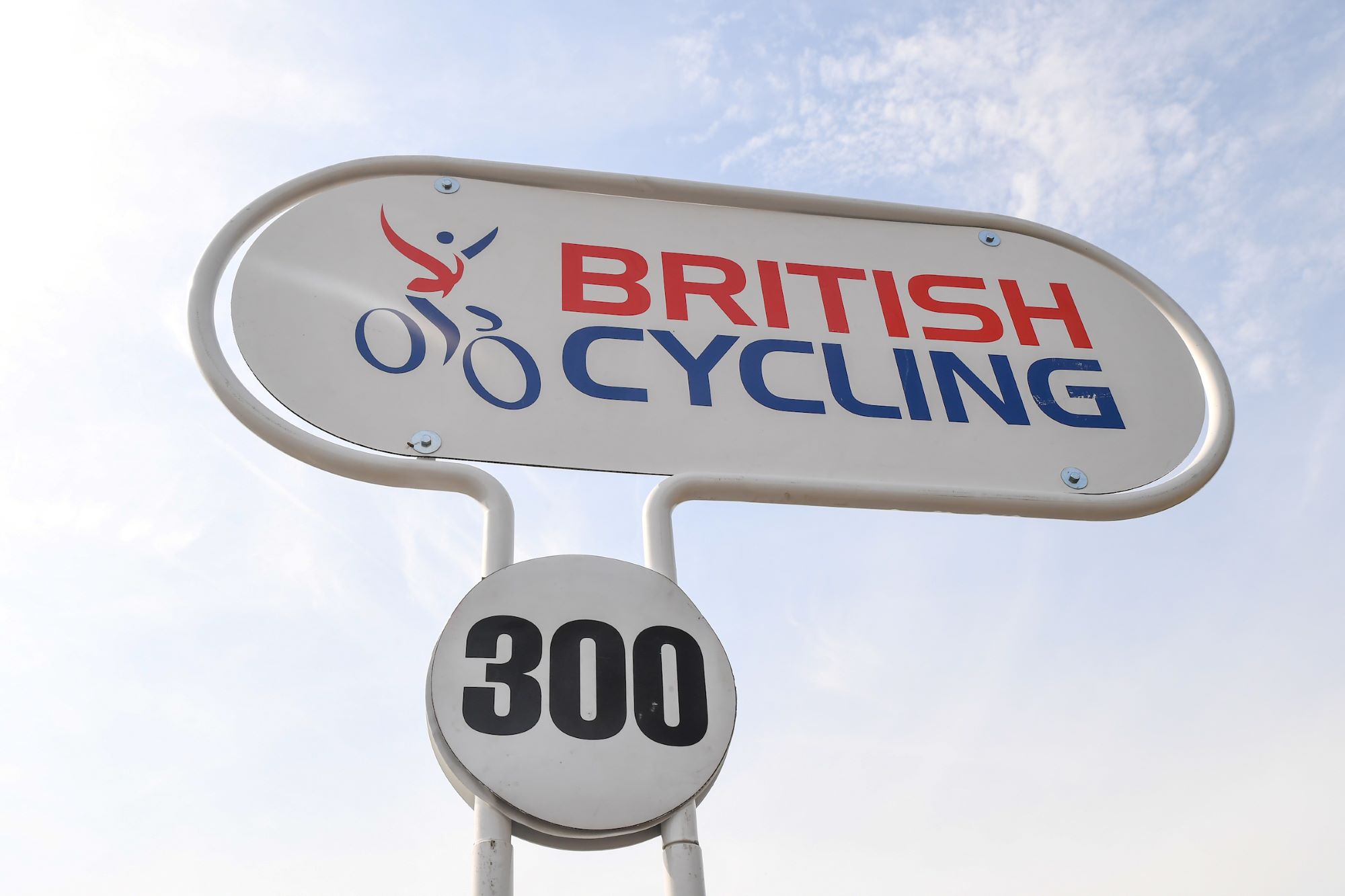 British Cycling sees 11% decline in membership in less than two years
British Cycling sees 11% decline in membership in less than two yearsGoverning body focused on revenue growth after another year in the red
By Tom Davidson
-
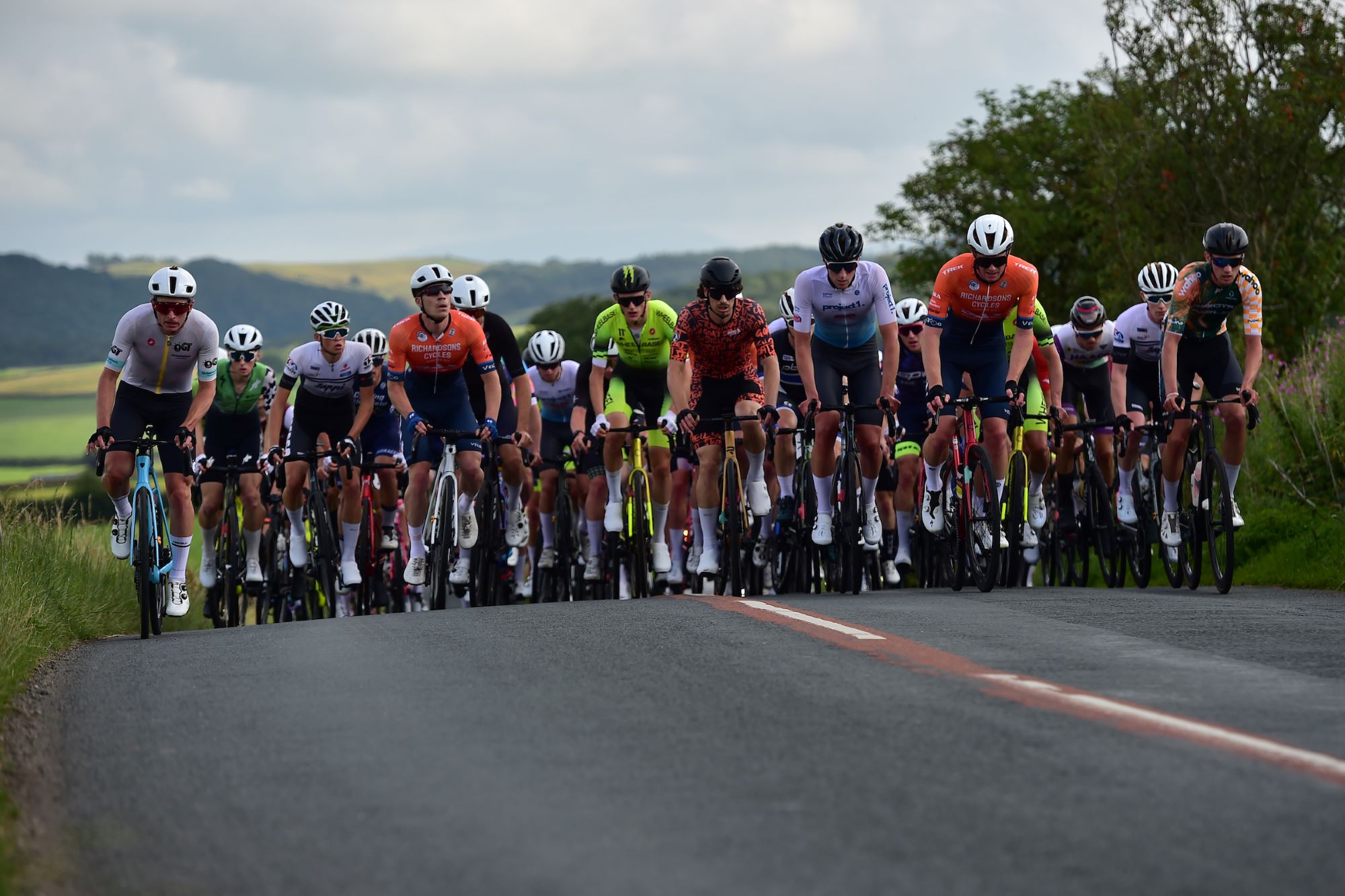 South west round of the British National Road Series an exciting chance to showcase an 'under-represented' region, say local riders and organisers
South west round of the British National Road Series an exciting chance to showcase an 'under-represented' region, say local riders and organisersBritish Cycling announced last week that National Road and Circuit series will visit the south west of England in 2025
By Tom Thewlis
-
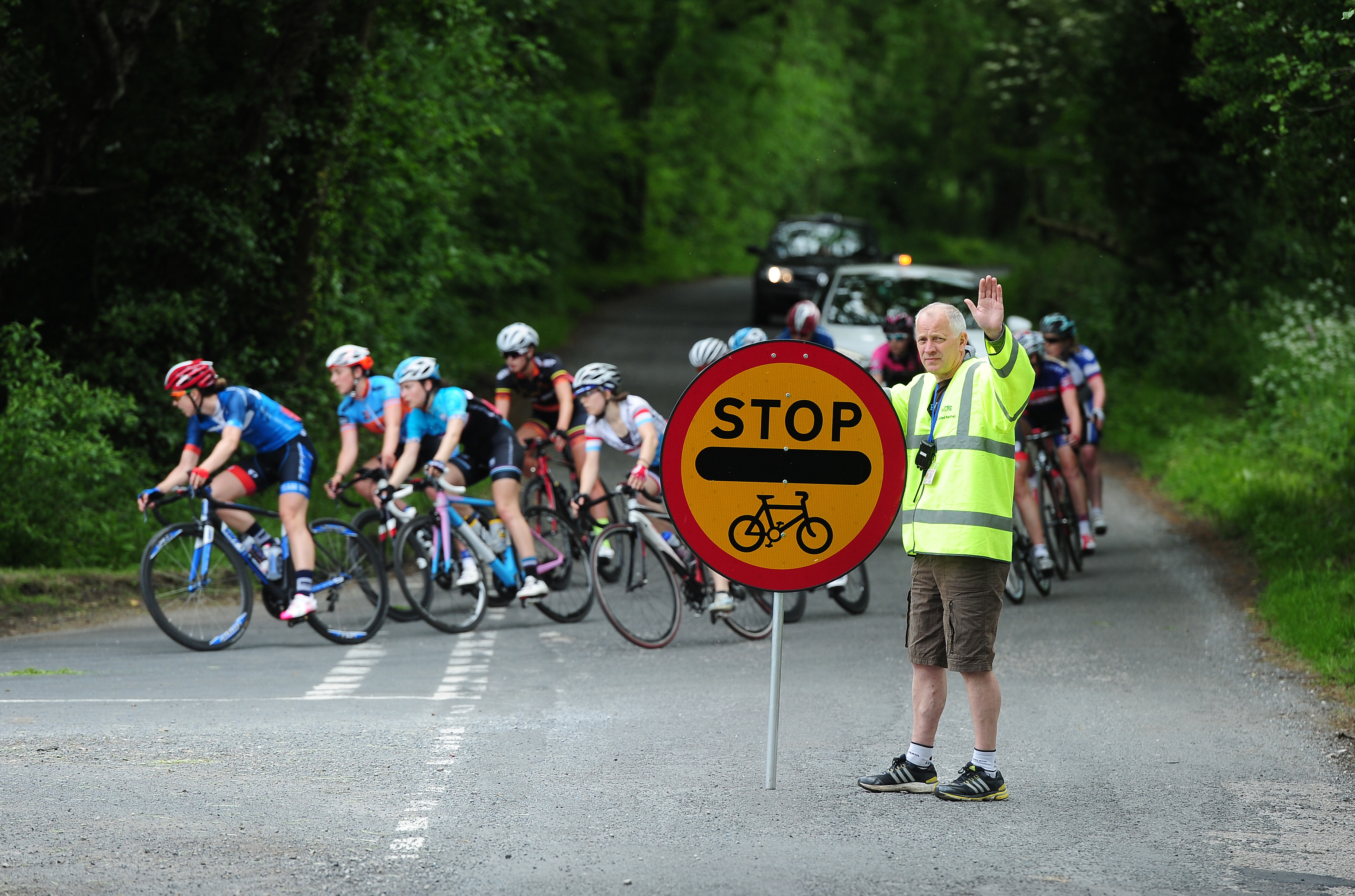 Volunteers needed to help revive UK racing scene
Volunteers needed to help revive UK racing sceneA shortage of volunteers and accredited marshals has left race organisers in limbo
By Tom Davidson
-
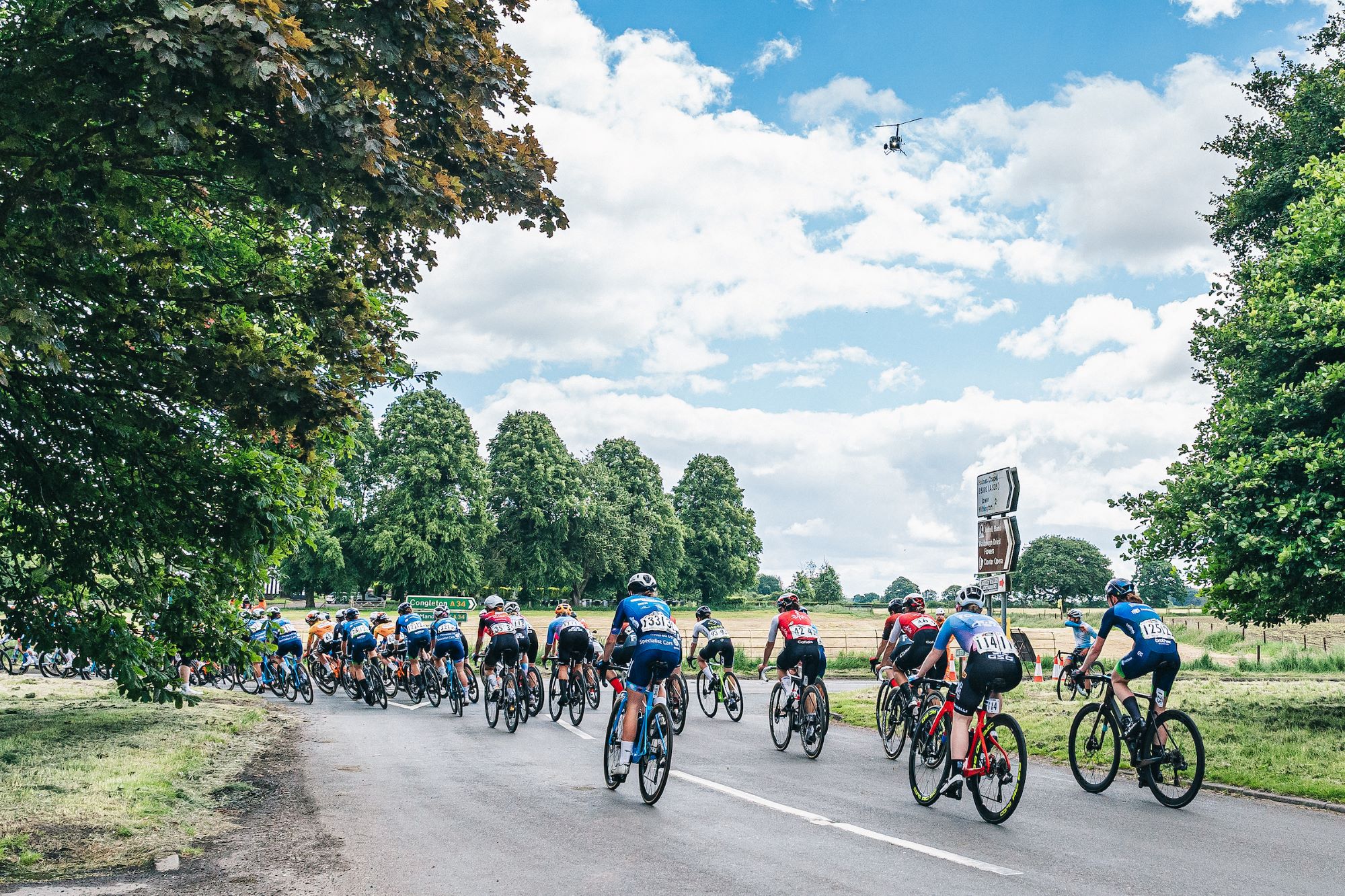 Riders on elite women’s race team allege sexual harassment from banned youth coach after past police warnings and safeguarding concerns raised with British Cycling
Riders on elite women’s race team allege sexual harassment from banned youth coach after past police warnings and safeguarding concerns raised with British CyclingOwner was involved with women’s team despite police advice that he was not an appropriate individual to work with adult females
By Tom Thewlis